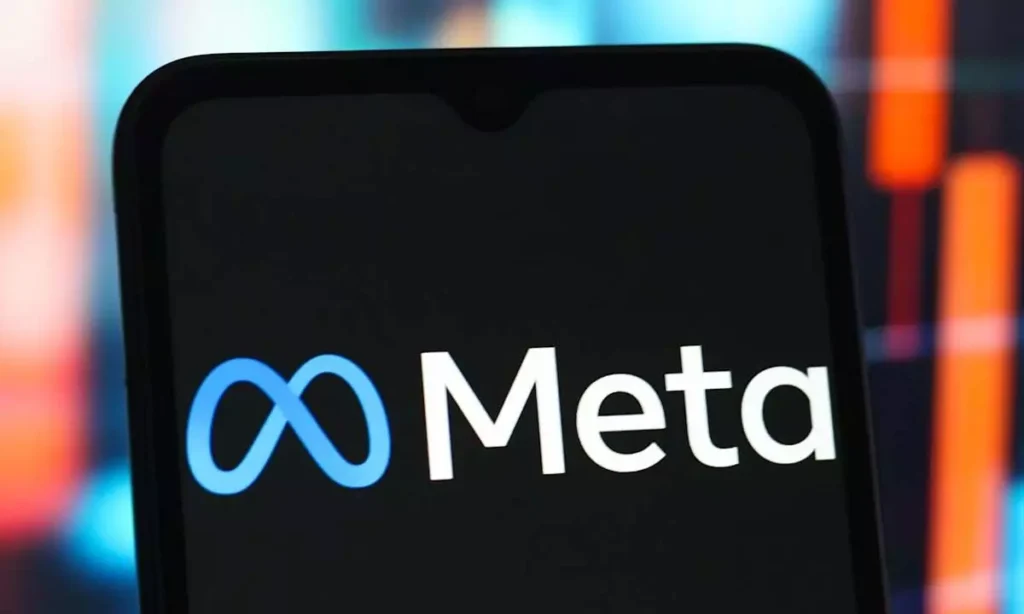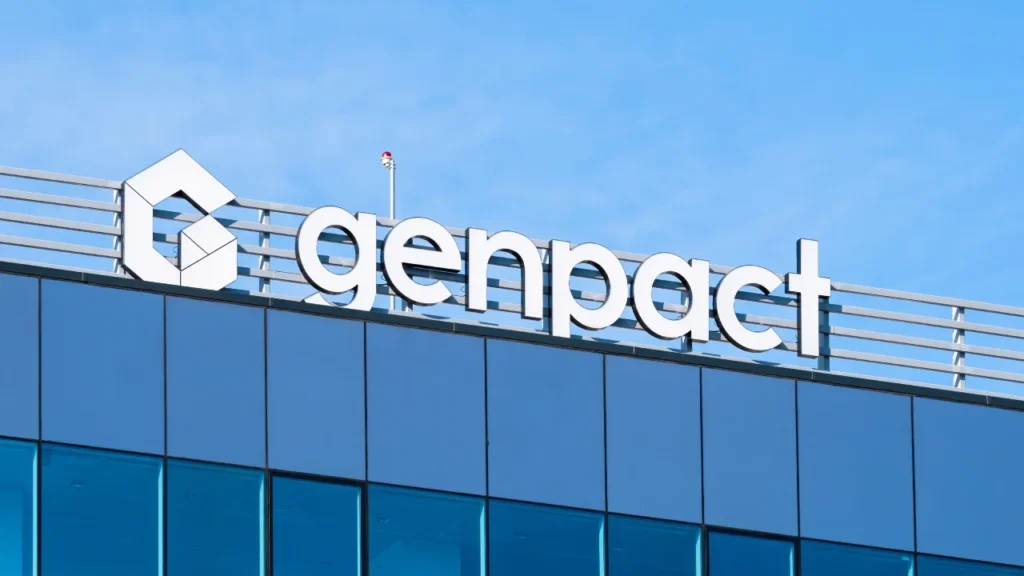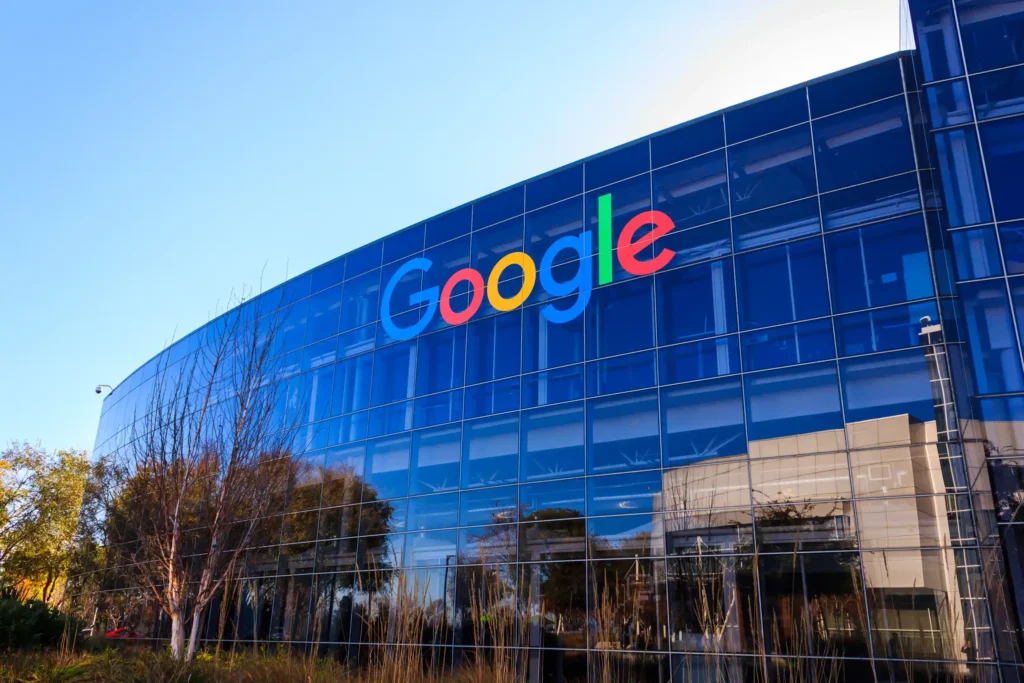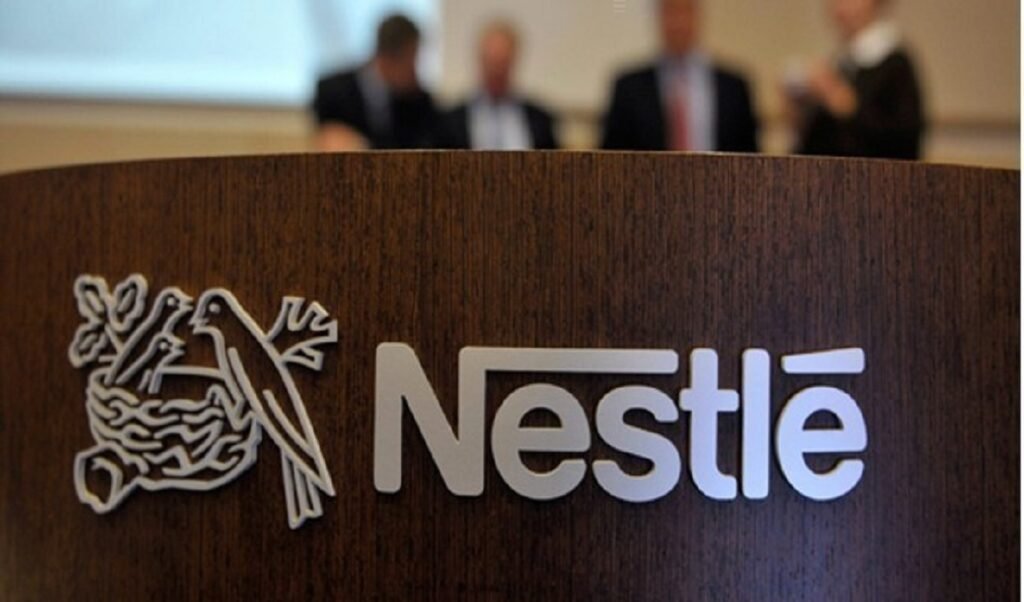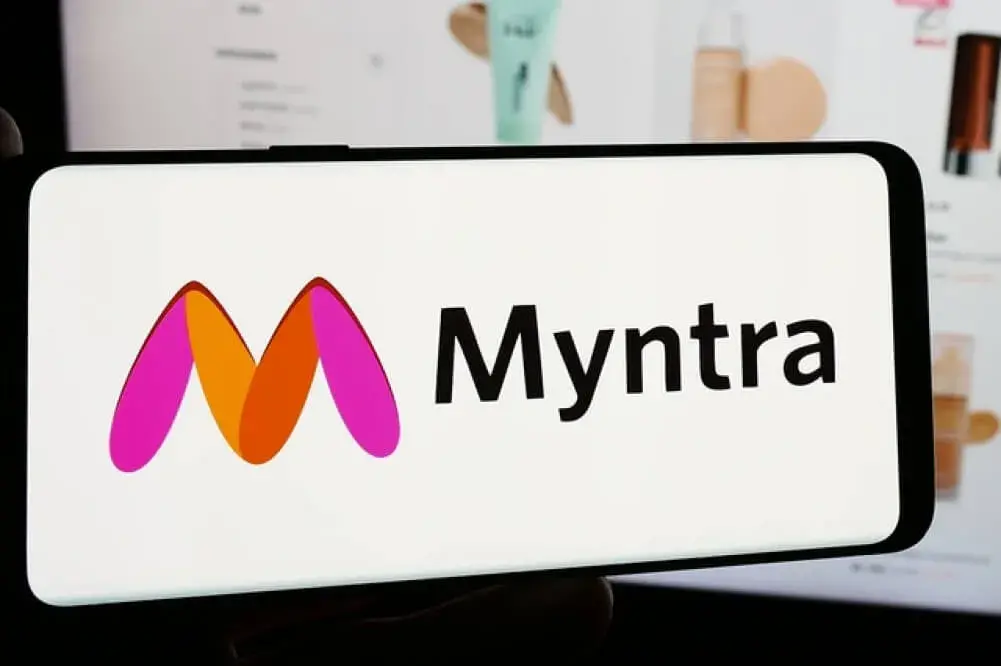Meta Launches New AI Superintelligence Lab, Brings in Top Talent
Meta CEO Mark Zuckerberg has unveiled a major transformation in the company’s artificial intelligence strategy by introducing a newly formed division focused on building AI systems with superhuman capabilities. The initiative, titled Meta Superintelligence Labs, will spearhead efforts to create AI that can match or surpass human performance in various tasks. At the helm of this ambitious endeavor is Alexandr Wang, co-founder of data-labeling firm Scale AI, who joins Meta as the Chief AI Officer. Zuckerberg, in an internal message to employees on Monday, praised Wang as “the most impressive founder of his generation.” Wang will be joined by Nat Friedman, former GitHub CEO, who will co-lead the lab and guide Meta’s work in applied AI research and product development. Zuckerberg emphasized that AI has become the company’s highest priority this year. “The development of superintelligent AI is no longer a distant concept—it’s within reach,” he wrote. “This marks the dawn of a new era, and I am determined to ensure Meta leads this transformation.” The new direction comes amid an intense race between major tech giants—including OpenAI and Google—to dominate the frontier of AI innovation. Meta has ramped up investments in cutting-edge infrastructure like chips and data centers and has also aggressively recruited top-tier AI talent. A major milestone in this strategy was Meta’s recent $14.3 billion investment in Scale AI, which also brought Wang into the fold. The company is also in discussions to acquire AI startups such as Perplexity AI, Runway AI, and PlayAI, the latter known for using AI to replicate human voices. To further strengthen its superintelligence efforts, Meta has onboarded 11 elite AI researchers from companies including OpenAI, Anthropic, and Google DeepMind. Among the new hires are Jack Rae and Pei Sun from DeepMind, former OpenAI experts Jiahui Yu, Shuchao Bi, Shengjia Zhao, and Hongyu Ren, as well as Anthropic’s Joel Pobar—who previously spent over a decade at Meta. With these moves, Meta is positioning itself to be a dominant force in the next wave of AI evolution. Source: Bloomberg
Meta Launches New AI Superintelligence Lab, Brings in Top Talent Read More »

